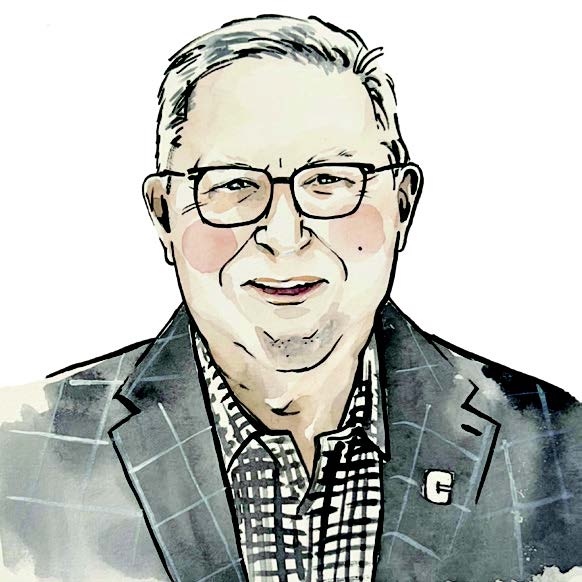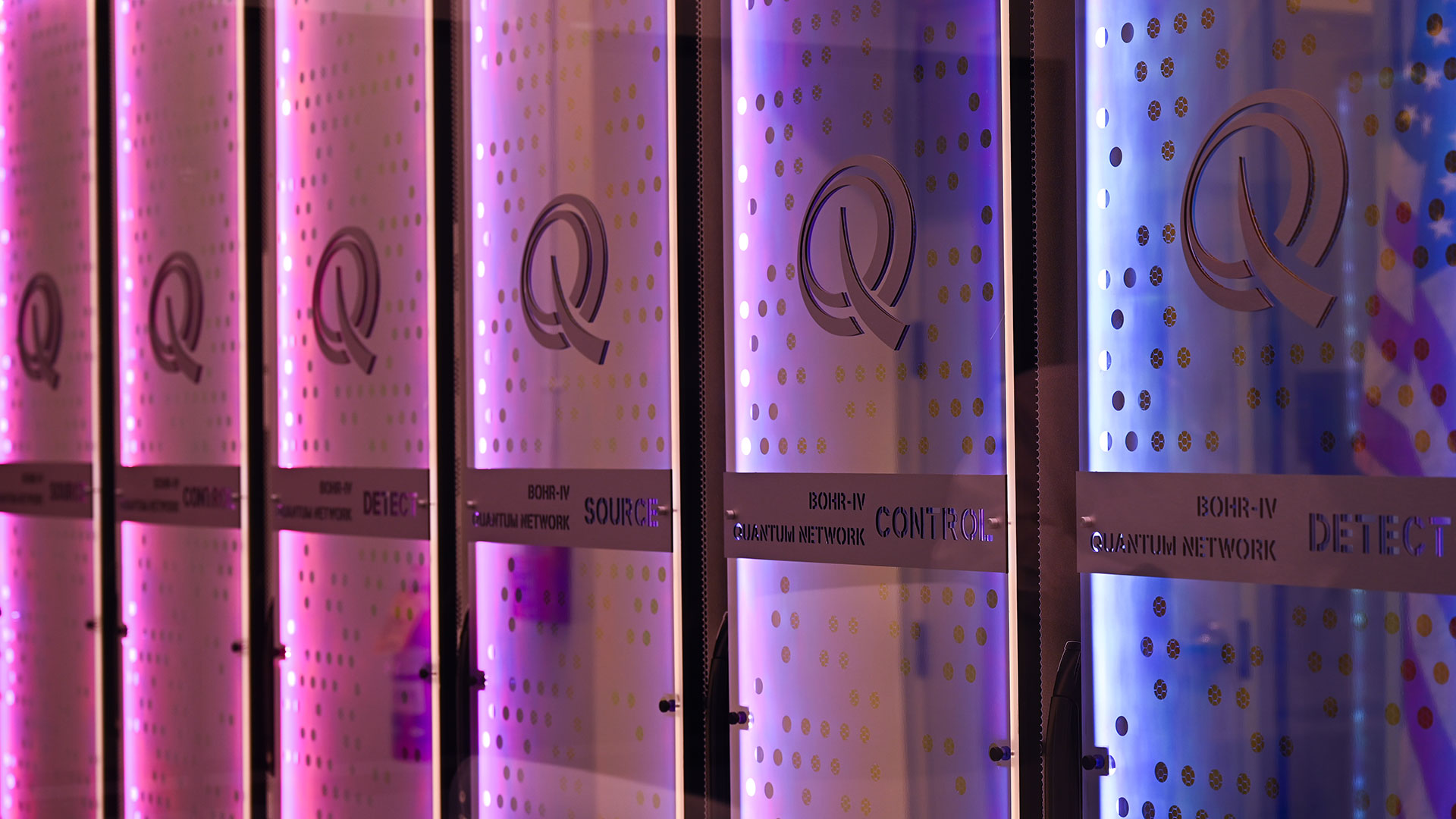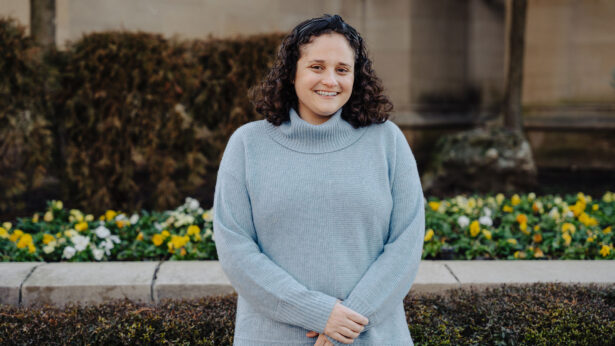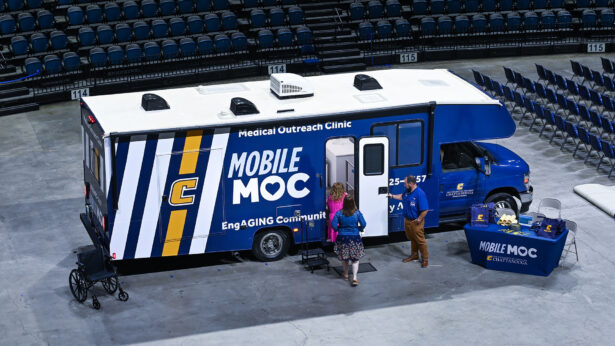Research is a human endeavor that tries to answer questions, solve problems and advance our general knowledge of ourselves and the environment in which we live. A couple of examples may illustrate how research matters.
Physics Nobel Laureate Erwin Schrödinger gave lectures in 1943 and wrote an essay in 1944 on “What is Life?” where he introduced the notion of a genetic code. In 1962, Francis Crick and James Watson received a Nobel Prize for their 1953 discovery of DNA’s structure, and the genetic code was deciphered in the 1960s by Marshall Nirenberg and his group at the National Institute of Health, for which he received a Nobel Prize in 1968.
Several technology advances had to occur to translate the fundamental discoveries into understanding of biological systems and then into clinical practice. More than 60 years of research greatly advanced knowledge of our risk to develop certain kinds of diseases, including cancer and Alzheimer’s. It also led to rapid development of new vaccines against threats to human health such as SARS-CoV-2.
One of the most stunning examples for research’s impact that is pursued to solve a specific problem is the development of computer systems. Since the 1940s, when Claude Shannon’s information theory laid the foundation for digital computing and networking development, the convergence of research in science and engineering disciplines has been advancing computer systems to the extent that our smart phones today, for example, are millions of times faster, have millions of times more memory than the first digital computers, and operate on batteries that provide sufficient power for 24 hours or more.
Research matters because it advances knowledge without which no technological, social or economic progress is possible. However, as the German poet, philosopher and scientist Johann Wolfgang von Goethe said: “Es ist nicht genug, zu wissen, man muß auch anwenden; es ist nicht genug, zu wollen, man muß auch tun—It is not enough to know, we must also apply; willing is not enough, we must also act.”
UTC fully embraces Goethe’s imperative.
Individual faculty-driven research is performed across the university in science, technology, engineering and math and non-STEM areas. UTC also is known for use-inspired research by teams of faculty and students, often in collaborations with entities in the community, other universities and commercial companies, especially in areas like smart urban systems, advanced mobility, AI, multi-physics modeling and simulation, and most recently in quantum information science and technology.
The UTC Research Institute stewards special research and development facilities, engages faculty and students and demonstrates innovation that results from bringing multi-disciplinary talent together to solve problems that enhance quality of life. Facilities include the largest urban testbed in the U.S. for the future of mobility and access to the first commercial quantum network in the U.S.
As a member of the Chattanooga Smart Community Collaborative, the Chattanooga Quantum Collaborative, and with collaborators at UT-ORII and at the Oak Ridge National Laboratory, UTC is an integral part of the Tennessee innovation system, and our research matters because we act, i.e., help translate into practice.

REINHOLD MANN IS THE UT CHATTANOOGA VICE CHANCELLOR FOR RESEARCH. HE PREVIOUSLY HELD ROLES AT BROOKHAVEN NATIONAL LABORATORY IN NEW YORK; BATTELLE SCIENCE AND TECHNOLOGY IN MALAYSIA; OAK RIDGE NATIONAL LABORATORY IN TENNESSEE AND PACIFIC NORTHWEST NATIONAL LABORATORY IN WASHINGTON.



